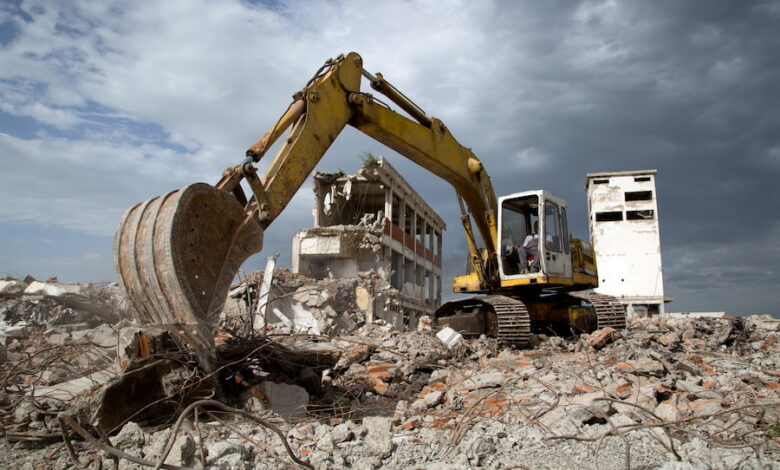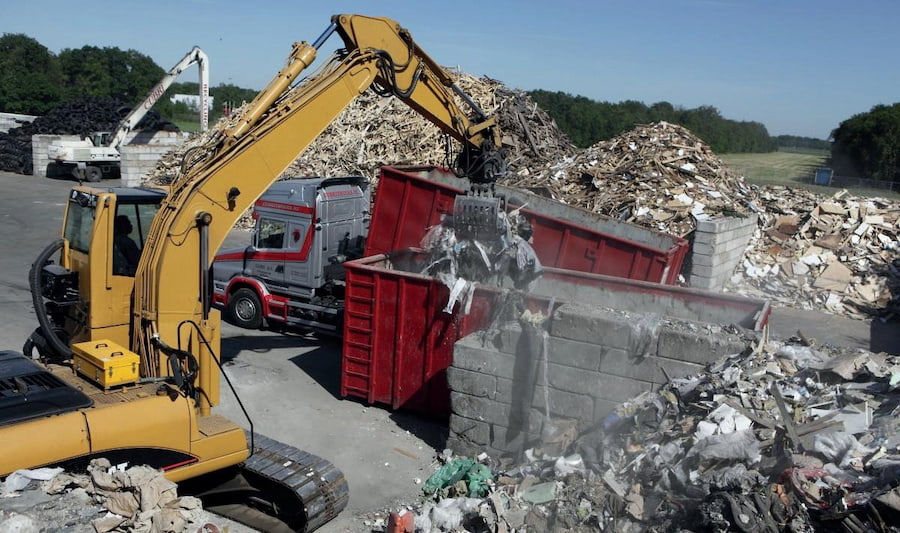Sustainable Building Practices to Reduce Construction Waste

When starting a new construction project, one of the most important things to consider, including Breeam Assessments, is how waste will be collected, transported, and disposed of on time throughout the project. Not only is the prevention of waste essential for the protection of the natural environment, but it also plays a role in determining whether or not a project will be economically viable and whether or not it will be successfully finished.
In this comprehensive guide, we will examine various approaches to reduce waste in the building and construction sector. These strategies include intelligently ordering materials and adopting environmentally responsible building practices as part of your construction routine.
Minimizing Construction Mistakes
To kickstart our waste reduction journey, we must address the elephant in the room – mistakes. Mistakes in construction are inevitable, but their impact on waste generation can be mitigated significantly.
Construction crews often need help with cutting, measuring, and material selection. A well-trained team can substantially reduce these errors. Furthermore, implementing a waste recording process can shed light on usage and wastage patterns, allowing for more efficient operations.
Ordering incorrect materials is another common source of construction waste. Ensuring accurate material orders, with the assistance of a proficient quantity surveyor, is pivotal. While it’s prudent to order extra materials to address errors and adjustments, precision in your orders can significantly minimize waste.
Working in Harmony with Suppliers
The relationship with the providers of the materials is an essential component in the process of minimizing waste. It is essential to choose suppliers congruent with your project’s goals and objectives regarding sustainability. Please consider aspects such as their adaptability, support for sustainability goals, capacity to meet the scale requirements of the project, and adherence to customers’ preferences.
Project Planning: The Key to Waste Reduction
The most impactful approach to waste reduction is meticulous project planning. Effective planning helps minimize mistakes, ensures timely material and labor availability, and sets the stage for a streamlined construction process.
Before commencing a project, thorough planning is imperative. Accurate measurements are vital to ensuring precise material orders. Regular inventory checks are essential for clearly understanding available materials and identifying potential waste.
Additionally, waste sorting should be integrated into crew training before project initiation. This proactive measure enables on-site material identification for recycling and reuse, further reducing waste.
Recycling and Reusing Resources
Construction waste in landfills is not only environmentally detrimental but also financially burdensome. Recycling should be a priority, even though it may require additional processing time.
Building a solid relationship with local reclamation yards is a wise step. Reusing materials can lead to substantial cost savings in the long run. Materials salvaged from older buildings often have the potential for reuse within your project or by others in the future.
Efficient use of available materials is another strategy for waste reduction. For instance, smaller lumber pieces in the reuse bin can eliminate the need for fresh cuts. Unpainted or unstained wood can be mulched instead of discarded. Additionally, subcontractors can be encouraged to check for and segregate scraps at fabrication and cutting locations.
Proper Storage of Materials
Efficient storage of materials is essential to harness the benefits of recycling and reuse. Securely storing materials on-site, along with proper stacking and covering of masonry, ensures they remain organized and protected against damage.
Embracing Environmentally Sustainable Building Methods
Adopting sustainable building methods reduces waste and minimizes the construction industry’s environmental impact. Leveraging technology, such as job management and project management software, can enhance material procurement efficiency and reduce waste generation. While utilizing recyclable and renewable materials is essential, sustainable practices extend beyond material selection.
Reduce Packaging
Excessive packaging contributes significantly to waste generation. Collaborate with suppliers to minimize nonessential packaging or consider bulk orders to reduce individual packaging. Opt for materials that ship in returnable containers, which can also serve as storage units if not reusable.
Donate Leftover Materials
Rather than sending leftover materials to landfills, consider donation opportunities. Creating on-site bins for reuse and recycling is a positive step. Donating hardware, appliances, fixtures, and other materials to charitable organizations reduces waste, strengthens community bonds, and enhances your firm’s reputation.

Track Progress
Efforts to reduce waste should be monitored and measured regularly. Keeping track of waste generation and recycling rates allows for informed adjustments to waste management strategies throughout the project’s duration.
Choose Vendors and Suppliers Wisely
Selecting vendors who support your waste reduction goals is crucial. Collaborate with vendors who offer returnable pallets and buy back unused products. Partnering with vendors who provide single-stream recycling options can streamline recycling efforts and save time.
Consider Deconstruction Instead of Demolition
Deconstruction, as an alternative to demolition, prioritizes salvaging materials and minimizing waste. This meticulous disassembly process preserves materials for reuse, reducing environmental impact and benefiting future construction projects. In contrast, standard demolition often reduces the chance of recovering reusable materials, resulting in higher waste levels and increased environmental hazards.
In conclusion,
Efficient waste management in construction involves a multi-faceted approach, ranging from accurate material orders to sustainable building practices. By embracing these strategies, construction projects can minimize waste generation, reduce environmental impact, and enhance cost-efficiency, contributing to a cleaner and more sustainable construction industry.
Also, read this: Advantages of Hiring Skip Waste Removal Services





